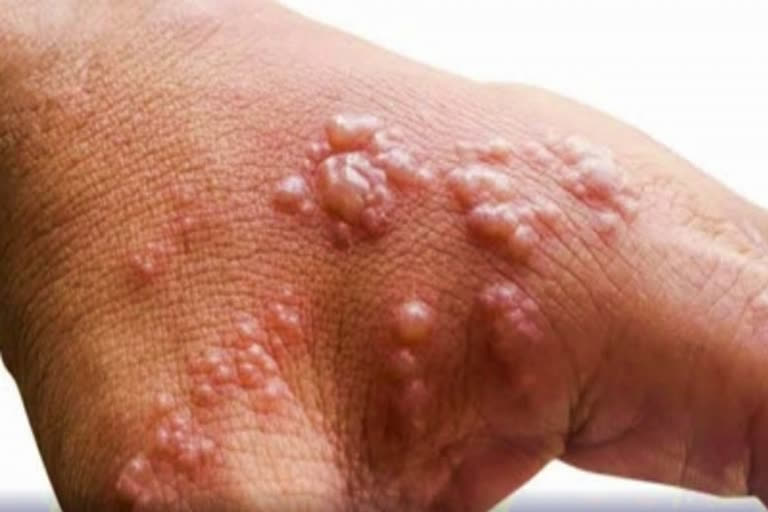Paris: French researchers have detected monkeypox virus in anal samples from asymptomatic men who have sex with men, raising the possibility of asymptomatic infection as yet another cause for concern in the current viral outbreak.
The latest monkeypox virus outbreak, which emerged in May, majorly affected men who have sex with men. Although most infections were characterised by cutaneous lesions, a recent report published in Annals of Internal Medicine, described three asymptomatic men with no cutaneous lesions but with positive results. The report suggests that vaccination limited to those with known exposure to the monkeypox virus may not be an effective strategy for preventing infection.
"Whether or not asymptomatic infection will play a role in transmission of monkeypox virus is not known. But the current worldwide monkeypox epidemic and the mode of human-to-human transmission may provide evidence that asymptomatic or preclinical spread can occur," said the researchers from Bichat-Claude Bernard Hospital in France.
Also read: Precautions and prevention: All you need to know about monkeypox
"If so, the practice of ring postexposure vaccination around symptomatic persons with probable or confirmed monkeypox virus infection may not be sufficient to contain spread," the team added. The team retrospectively performed testing for monkeypox virus on all anorectal swabs that were collected as part of a sexually transmitted infection screening programme.
As per French guidelines, this type of screening is performed every three months among men who have sex with men with multiple sexual partners who are either taking HIV preexposure prophylaxis (PrEP) or living with HIV and receiving antiretroviral treatment. Of the 200 asymptomatic persons screened that were negative for N. gonorrhoeae and C. trachomatis, sexually transmitted pathogens , 13 (6.5 per cent) samples were PCR positive for monkeypox virus. Two of the 13 later developed symptoms of monkeypox.
The researchers suggest that the role of an expanded ring vaccination strategy and other public health interventions in the communities at highest risk is likely needed to help control the outbreak. (IANS)



